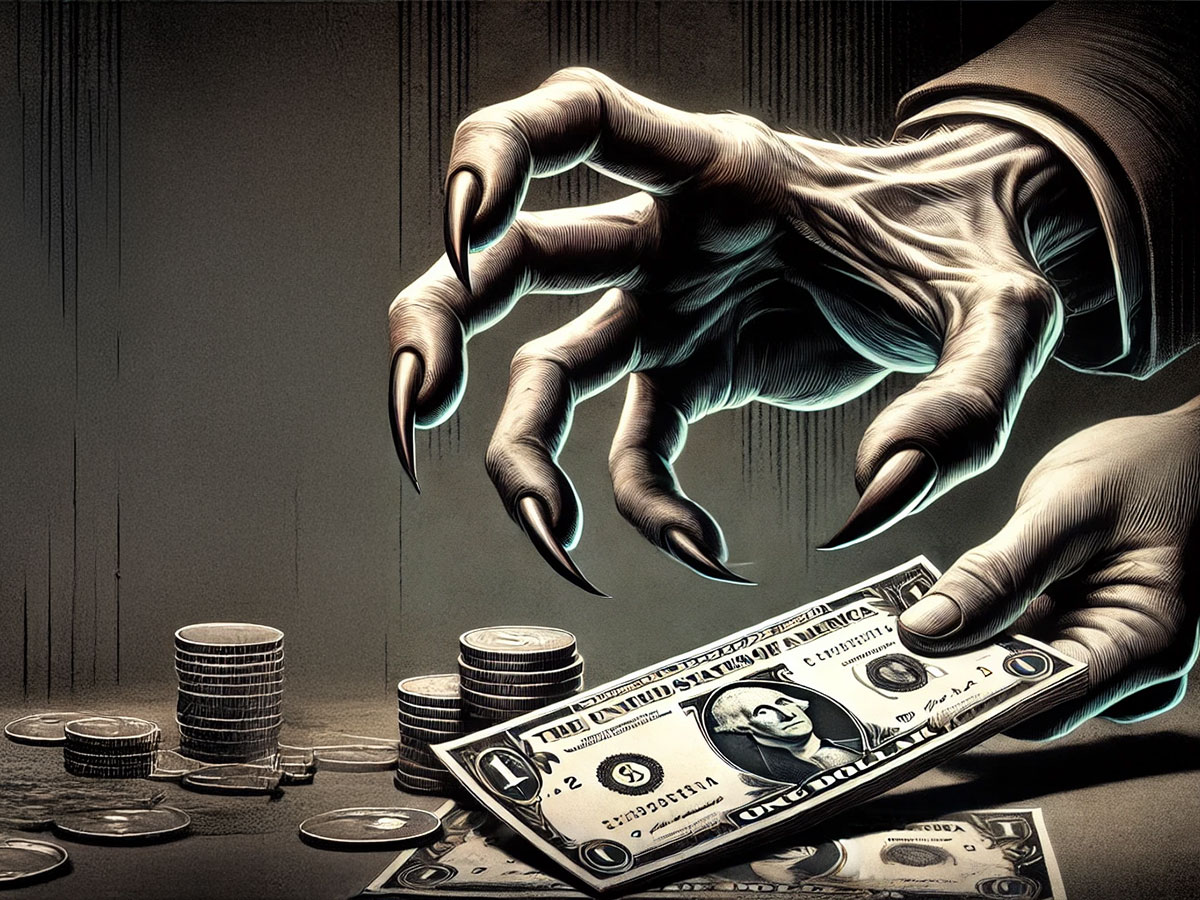Why We Don’t Want A Private, For-Profit Sewer
There are lots of differences when you compare a private, for-profit utility to a non-profit municipal utility like Charlotte County Utilities. Because EU would be a private company running the sewer instead of the county, we won’t be afforded payment plans, there’s no competition, and no central oversight.
No grants or subsidies:
As a governmental entity, CCU is eligible for subsidies to help offset the expense of sewer installation, so they can charge more affordable fees. For instance, a recent study presented to the BCC at a Utilities meeting showed the future estimated cost of low-pressure hook-up to be $30,000. By comparison, the charge to Charlotte County ratepayers is $11,500.
No “pay-over-time”:
CCU has a “pay-over-time” plan that allows ratepayers to pay off the hook-up fee over a 20-year period. They are about to increase the timeframe to a 30- or 40-year span. With EU, all of the connection fees must be paid up front. Homeowners may need to take loans to cover the installation costs.
No competitive bidding:
CCU is required to accept bids for a proposed central sewer project. EU has no competition.
No performance bond:
CCU requires a performance bond to guarantee the project is completed in accordance with the contract. As a private, for-profit sewer, EU does not have to provide any guarantee of completion to the ratepayers or to anyone.
No oversight:
When CCU installs central sewer, the County has control over the entire project from beginning to end. With EU, there is no centralized oversight for this project. The various agencies that provide permits for the project are only responsible for their specific area.
No single point of recourse:
With CCU, In the event of cost overruns or project failure, the ratepayers can bring their objections to the BCC. With EU, who do we call if things go south?

